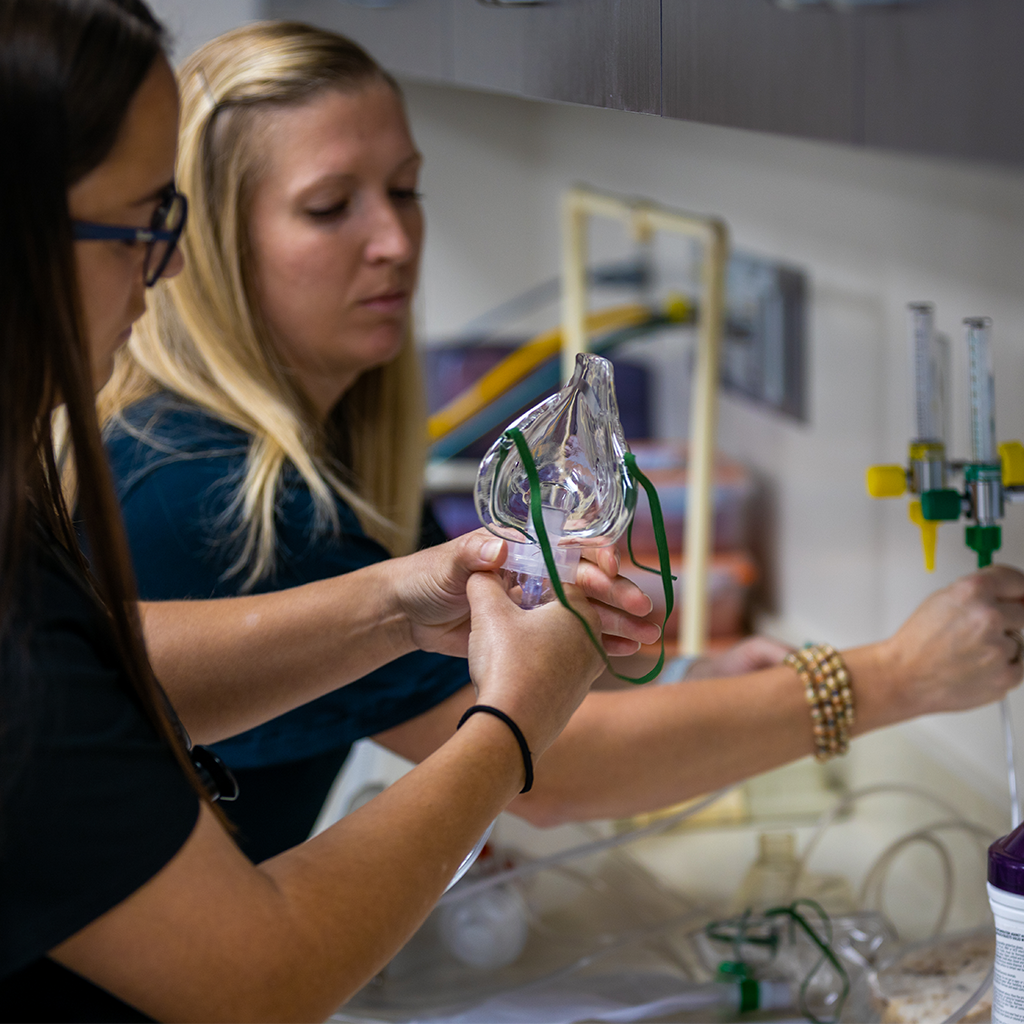A respiratory therapist is a specialized health care practitioner trained in critical care and cardio-pulmonary medicine in order to work therapeutically with people suffering from acute critical conditions such as cardiac and pulmonary disease. Respiratory therapists graduate from a college or university with a degree in respiratory therapy, have passed a national board certifying examination and are licensed in the state in which they work.
Respiratory Therapists work in hospital’s emergency rooms, intensive care units, and trauma rooms; transport patients in ambulances, helicopters, and jets; are teachers or managers and some work in medical sales, pulmonary function labs, sleep labs or in home health care.
Respiratory therapists are specialists and educators in many areas including cardiology, pulmonology, and sleep therapy. Respiratory therapists’ main duties are advanced airway management; life support device (mechanical ventilator) management, aerosolized medication delivery, lung expansion and airway clearance delivery along with monitoring and assessing patients.
The NBRC (National Board for Respiratory Care) is responsible for credentialing the seven areas of Respiratory Therapy in the United States. Those seven areas of Respiratory Therapy include, as of December 2017: CRT (Certified Respiratory Therapist), RRT (Registered Respiratory Therapist), CPFT and RPFT (Certified or Registered Pulmonary Function Technologist), ACCS (Adult Critical Care Specialist), NPS (Neonatal/Pediatric Specialist), and SDS (Sleep Disorder Specialist).

